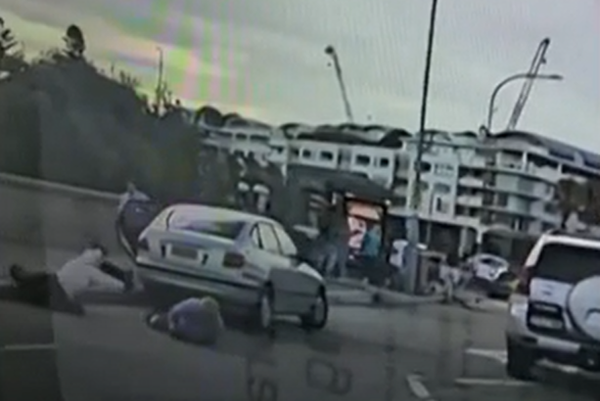
The biggest rail strikes in three decades will start on Tuesday after late talks failed to break the impasse, with the RMT union leadership warning that industrial action will “run as long as it needs to run”.
Most train services in Great Britain will be cancelled on Tuesday, Thursday and Saturday in a dispute over pay and conditions. Only a skeleton service will run on main lines and around urban areas.
London Underground workers will also strike for 24 hours on Tuesday, bringing the capital’s transport system to a halt.
The RMT general secretary, Mick Lynch, said the rail dispute could not be resolved without the government “removing the shackles” on Network Rail and train operating companies. All parts of the rail industry, as well as Transport for London, have been told to find savings with fare revenue falling away since Covid.
But the transport secretary, Grant Shapps, said talks remained a matter for the employers. He said the strikes were being “orchestrated by some of the best-paid union barons, representing some of the better-paid workers in this country, which will cause misery and chaos to millions of commuters”.
The RMT said that a pay offer was made by train operating companies in last-ditch talks on Monday, believed to be about 2-3%, with strings attached and no guarantees against compulsory redundancies. The union rejected the offer and a similar proposal from Network Rail on Friday.
Lynch said the offers were unacceptable, adding: “What we’ve come to understand is that the dead hand of this Tory government is all over this dispute – and the fingerprints of Grant Shapps and the DNA of Rishi Sunak are all over the problems in the railway, and indeed in this society.”
He said the source of the dispute was the government’s decision to “slash £4bn of funding from national rail and TfL … forcing companies to implement transport austerity … and they have prevented a settlement to this dispute”.
Lynch said: “Until they allow the employers to negotiate freely, I can’t see that we are going to get a settlement … Our campaign will run as long as it needs to run until we get a settlement acceptable to our people.”
Asked if the industrial action could last months otherwise, Lynch said: “I think it will, yes.”
However, he said that the RMT remained available for talks during the week.
Network Rail has said that a bigger pay rise – albeit far below the current 11% RPI inflation rate – would be possible if linked to modernisation of maintenance and rostering.
Andrew Haines, chief executive of Network Rail, said : “No strike is inevitable until the moment it begins. But sadly disruption tomorrow is guaranteed so we’re asking passengers to plan ahead and only travel by train if necessary.
“We continue to talk to the RMT and urge them to work with us to find a solution that works for rail workers and taxpayers, and avoids causing further disruption for our passengers.”
Train operators said that they were “very disappointed” that the union had turned down their last-ditch offer. Steve Montgomery, chair of the Rail Delivery Group (RDG), said: “With passenger numbers still at about 80% of pre-pandemic levels, the industry remains committed to giving a fair deal on pay while taking no more than its fair share from taxpayers. This can only be achieved by making improvements – like offering better services on a Sunday – that reflect the changing needs of passengers so we can attract more back.”
The RDG said that train operators’ collective wage bill had increased from £3.1bn in 2017-18 to £3.6bn in 2019-20, partly due to increased staffing levels, and that the government had supported the industry with an extra £16bn during the pandemic.
Speaking in the Commons, Shapps said: “We will be leaving this to the employers, who are the right people to negotiate with the unions.” However, he added: “The industry needs to change.”
“We are not imposing a pay freeze … But let me be clear, for modernisation and reform to work, we have to have unions who are prepared to modernise, otherwise there can be no deal,” Shapps said.
A YouGov poll commissioned by the RDG found that about 25% voters supported the RMT action, while 39% did not.
The absence of signallers from Network Rail will have the most impact among the 40,000 workers on strike, including onboard crew and station staff from 13 train companies.
The strike will disrupt services for six days, with a later start and reduced schedules on non-strike days, and leave most of Wales, Scotland, rural northern England and the south-west without trains for much of the week.
TfL has advised avoiding travel on all of its services on Tuesday, with virtually no tube trains, and buses and London Overground trains liable to be jammed and disrupted.







